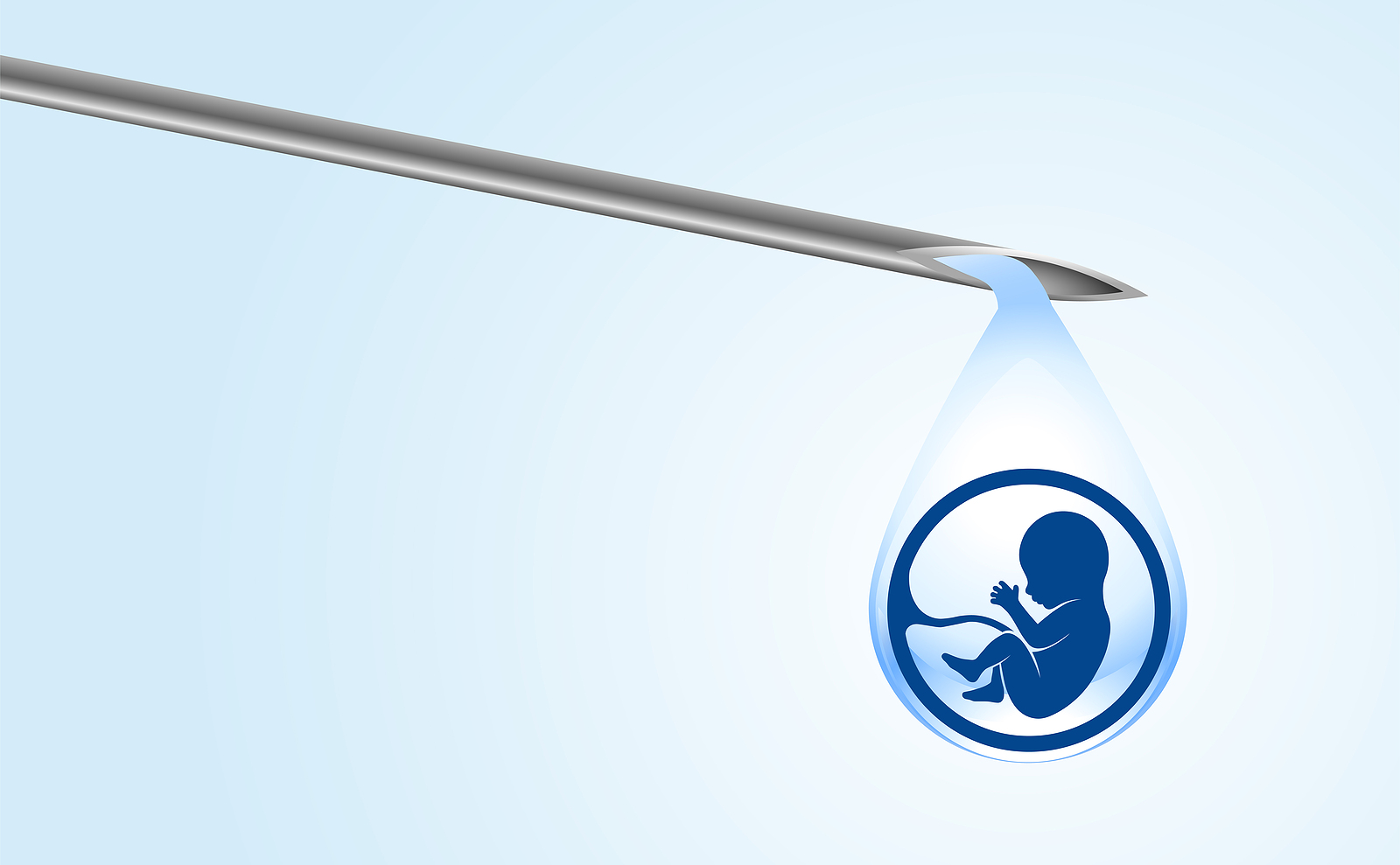
Possible cancer risk with frozen IVF embryos
A study of more than 8 million children in Nordic countries suggests that children who begin life as frozen embryos (FET) may have a higher risk of cancer than children born through other means. In an article in PLOS Medicine Nona Sargisian of the University of Gothenburg, Sweden, and colleagues write that: “the findings raise concerns considering the increasing use of FET, in particular freeze-all strategies without clear medical indications.”
Assisted reproductive technology (ART) allows an embryo to be created from a human egg and sperm in a laboratory. A doctor may immediately transfer the embryo to the uterus, or, in a practice that is increasing worldwide, the embryo might be frozen and later thawed before implantation. Scientists already knew that children born after frozen-thawed transfer may have a higher short-term risk of certain medical issues than children born after fresh embryo transfer. However, the potential long-term medical risks were less clear.
The researchers analysed medical data from 7,944,248 children in Denmark, Finland, Norway, and Sweden born since the mid-80s. 171,744 were IVF babies, and 7,772,474 were conceived spontaneously. Among the IVF babies, 22,630 were born after frozen-thawed transfer.
They found that children born after frozen-thawed embryo transfer were at higher risk of cancer, although IVF babies as a whole did not have an increased risk of cancer. The most common types of cancer were leukaemia and tumours of the central nervous system.
The researchers emphasize that their findings should be interpreted with caution, since the number of children born after frozen-thawed embryo transfer who later developed cancer was low (48 cases).
Nonetheless, the researchers were concerned and called for more research to confirm a possible link between the procedure and increased risk of cancer, as well as the biological mechanisms that may underlie such risk.
IVF experts noted that freezing embryos has become an integral part of assisted reproduction. Frozen embryos are needed as a backup if the first IVF cycle fails; they also allow doctors to transfer embryos one at a time, instead of several, which entails the risk of multiple births.
